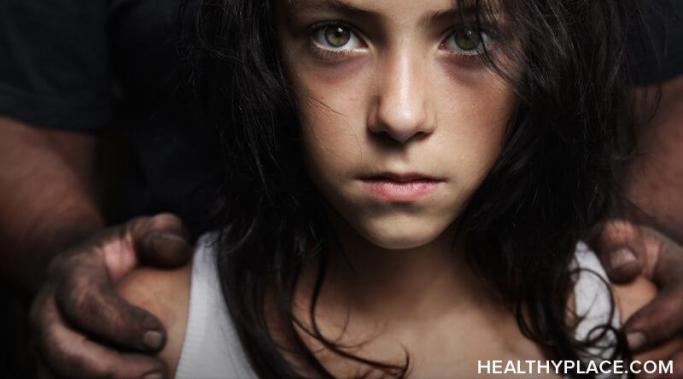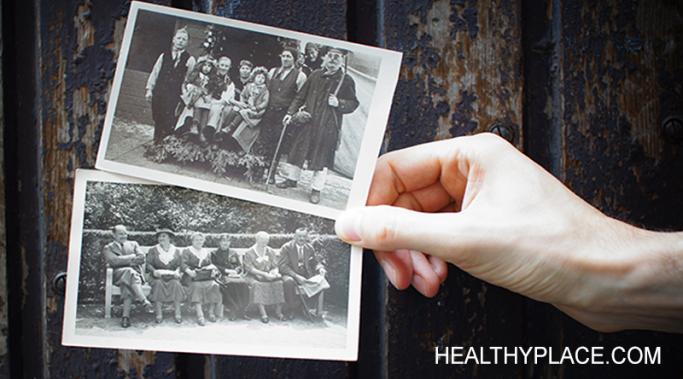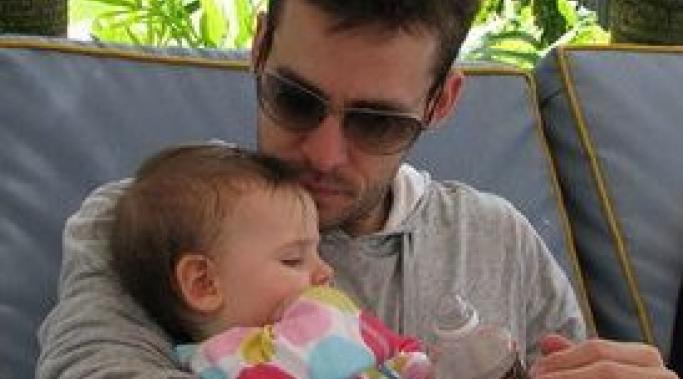I was a victim of intrafamily sexual childhood abuse. I was three years old when my teenage cousin began sexually abusing me. It would start with a game of truth or dare, during which he would make me expose myself, touch him, and allow him to touch me. It continued for two years. Finally, our parents discovered one of these "games," and put an end to it. But we continued to attend the same holiday parties and family gatherings. I dreaded our meetings my whole childhood. These are the ways it impacted my relationship with my family and the things I wish my family had done differently.
Family Relationships - Relationships and Mental Illness
I learned that relationships in depression are so important when my doctor prescribed prednisone to treat my autoimmune disease. Although he talked about its side effects, he failed to include depression as one of them. The first time I took the drug was an unpredictable blow that wreaked havoc on my life and my relationships.
A family-related mental health relapse becomes more possible in the days approaching Halloween and the winter holiday season. You see, for those of us with mental illness, these holidays may be filled with dread rather than joy and anticipation. Likely, some of our issues with coping emanate from family situations, and we may experience triggers that can cause a mental health relapse when around our family. Many emotions can cause mental health relapse, particularly when experienced during a holiday period full of expectations and various personalities (Anatomy Of A Mental Health Relapse).
Perhaps no other relationships cause as much anxiety as our relationships with our parents. They are the people who've known us the longest and in some cases are the people who know us the best. But sometimes relationships with our parents trigger reactions that exacerbate our mental illness and cause us undue stress.
It's important to know how to talk to your family about your mental illness. Some families have a long history of mental illness and may talk openly about mental illness diagnoses, symptoms and treatment. Though some diseases are hereditary, many of us need to break the news to our family members that we have a mental illness. Either way, sometimes it can be difficult to talk to your loved ones about your mental health. The way you grew up, the relationship you have with your parents and the closeness of your extended relatives all contribute to the way you talk to your family about your mental illness.
Mental illness can damage relationships but you can repair relationships damaged by mental illness too. When you have a mental illness it can be difficult to maintain all kinds of relationships. Symptoms of unchecked mental illness are often the very factors that cause rifts in relationships between two healthy people. But it is possible to repair a mental illness-damaged relationship. As repairing your relationship with, and feelings about, yourself takes time, so does rebuilding the trust of loved ones and the closeness you have with others.
Let’s admit it: family dynamics can be huge triggers for those of us with mental illness. Social support can be great, and we all need to know that we have people in our corner when things get bad. However, families are often the breeding ground for the very emotions that make our illnesses harder to manage. So, how do you prevent Aunt Margaret and Uncle Joe from sending you from the living room couch to the therapists’ couch?
I hate Christmas. There I said it.
I don't hate the holiday - I'm a Christian and I believe in Jesus, Mary, the whole shebang. What I hate is enforced happiness and gift giving that's associated with Christmas, especially when I'm depressed and I don't feel like I have anything to be happy about. And when I'm miserable, the last thing I want is a bunch of people - especially my family - telling me to cheer up.
Many times I've complained that my family doesn't really understand mental illness. They don't see the difference between depression and being sad, and even those who visited me in the hospital separated my condition from the severity of my surroundings. As hard as I've tried to get my relations to understand my illness, it's even more difficult to get them to see the signs of severe depression in others.
During my senior year at Yale, I had what I now consider a manic episode. I'd gotten 2-4 hours of sleep for nights in a row and I was still flying high. I was in a terrific mood and got lots of work done on my senior thesis and a play I was producing. I felt invigorated! Then, one night, I crashed. I couldn't sleep. One night, I was so tired I cried and spent a few weeks just feeling "off". I never mentioned it to anyone, least of all my Dad, still reeling from my Mom’s death a year before.








